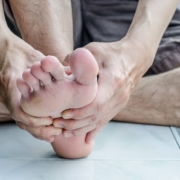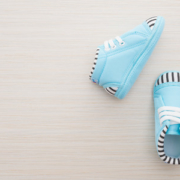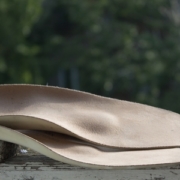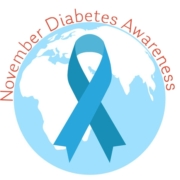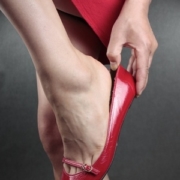Make Room for Exercise
To practice social distancing, we’re all at home much more these days. We’re working from home, teaching from home, and finding new activities to enjoy. Even more, we’re finding creative ways to exercise. Dr. Naghmeh Lilly Khavari of the Carrollton Foot Center wants to help you stay fit but injury-free. As you’re making room for movement in your home, here are some ways to protect your feet and ankles from an injury.
Wear socks
As you’re moving furniture in the living room, your room, or even the basement, protect your toes. Wearing shoes is best, but socks are also a great layer of protection. From your big toe to your pinky toe, watch out for sharp corners. Stubbed toes are a common injury.
Stretch before you move
Even if you’re moving your couch to the other side of the room, you’re still doing some form of movement. To avoid injuries and best prepare your body, take time to properly stretch. You will also want to stretch after you move items around. If you experience any pain while moving, it’s important to stop. Also, be sure to rest and hydrate.
Don’t do it alone (if possible)
If you live with family members or friends, ask them to guide you or even help you carry the load. It will go much faster, and you won’t have to carry as much weight. If you live alone, be sure that you can safely move an item of furniture before committing. If you previously experienced a foot or ankle injury, our office recommends that you avoid moving furniture. You can worsen the injury or create a new one.
Have fun with moving some things around! Open space allows you to exercise safely and without fear of bumping into that special vase or sharp-edged coffee table. If you experience an injury or are concerned about your foot health, call us at (469) 998-3668. To practice social distancing, we encourage patients to use our telemedicine option. We are located at 4221 Medical Parkway, STE 450, Carrollton, TX.




